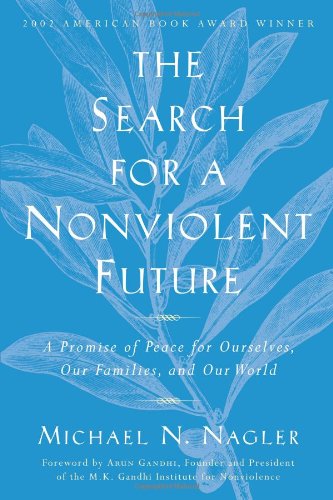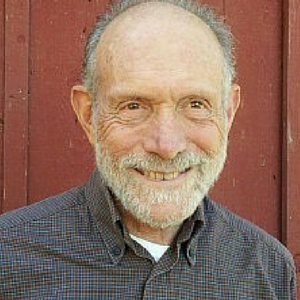“As a Satyagrahi I hold to the faith that all activity pursued with a pure heart is bound to bear fruit, whether or not such fruit is visible to us.” ~ Gandhi, Satyagraha in South Africa, p. 168
As followers of the Metta Center will immediately recognize, Gandhi is pointing here to the principle we call work vs. “work,” essentially the recognition that the most significant effect of a nonviolent act (or even thought, some believe) is produced under the surface, in the minds and hearts of all involved. One result, as Gandhi’s biographer pointed out, is that in nonviolence you can “lose every battle and go on to win the war”—the exact opposite of the effects produced by violence. Unfortunately, in this outwardly oriented culture of ours, this has made it difficult to appreciate the true nature of these two paths.
But it shouldn’t be that difficult. What Gandhi means by a “pure heart” would describe someone who’s free from personal attachment, able to see the well-being of the whole, in our vocabulary.
Thanks for sharing a comment below.
About Daily Metta
 Stephanie Van Hook, the Metta Center’s executive director, launched Daily Metta in 2015 as a way to share Gandhi’s spiritual wisdom and experiments with nonviolence.
Stephanie Van Hook, the Metta Center’s executive director, launched Daily Metta in 2015 as a way to share Gandhi’s spiritual wisdom and experiments with nonviolence.
Our 2016 Daily Metta continues with Gandhi on weekdays. On weekends, we share videos that complement Michael Nagler’s award-winning book, The Search for a Nonviolent Future: A Promise of Peace for Ourselves, Our Families, and Our World. To help readers engage with the book more deeply, the Metta Center offers a free PDF study guide.
Enjoy more Daily Metta: See the archives
Get Daily Metta by email: Subscribe









I faced my impatience on the anniversary of the assassination of MLK Jr. I really got depressed in a big way. Then I shook myself out of it and wrote “My insecurity is part of the problem. If I allow myself to be overwhelmed by my insignificance, my powerlessness, my ignorance about how to contribute to the solution, then I am part of the problem. If I analyze a problem into all its pieces and don’t see where I fit in, then I am looking at the wrong picture, I am looking at a picture of my fears.” Which is what our culture carefully trains us to do. If we instead put ourselves in the viewpoint of Love, we release our grip on Space and Time. When I do that, I allow for the possibility that the glacier-like movement of social justice has frequently and suddenly calved a gigantic chunk of progress when we least expected it and when we could not even see it happening, so the level of the ocean of love is rising, slowly but surely. Therapist Pittman McGehee states that the opposite of love is not hate, but efficiency.